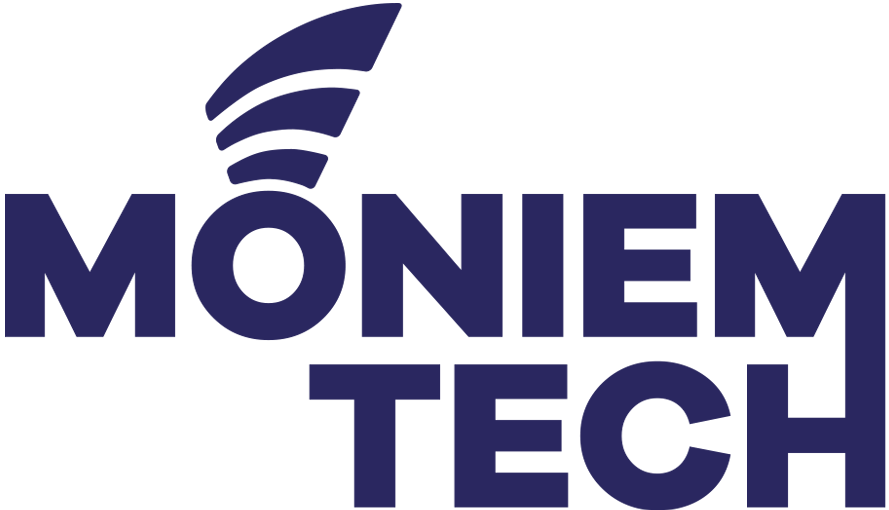Virtualization is a journey that the telecoms industry has been on for several years to transform network functions into virtual network functions (VNFs). The VNF software is then decoupled from the purpose-built hardware and run on standardized, common off-the-shelf (COTS) hardware. The interfaces between each component in such a setup may still be closed or proprietary. […]

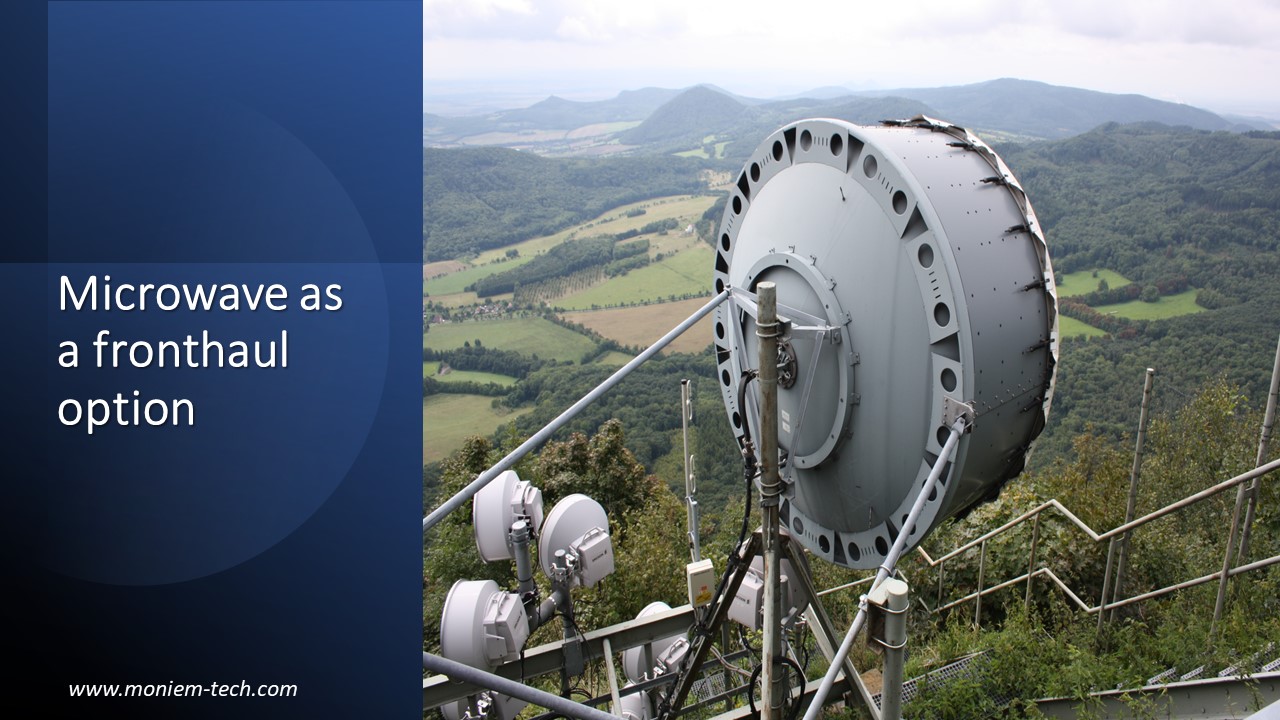
First, we need to understand the definition of Fronthaul. Fronthaul is the transmission connection between the Radio Frequency (RF) module and the baseband processing Unit (BBU) in the mobile wireless network. In the traditional distributed RAN or D-RAN, the fronthaul distance is short as the RF module and BBU are directly connected via optical fibers. […]

Going from expectations to reality means Open RAN is on the right road to go from reality to expectations. It’ll take some time and needs more cooperation between MNOs and OpenRAN vendors. Open RAN is about choosing the optimal product from a variety of products that meet specifications for each function -> Meaning avoiding Vendor […]

vRAN and OpenRAN are not new generations like 4G, 5G, or even 6G. It’s a new way of implementing of access domain in a new way helping at the end to improve the flexibility, cost, and agility in the RAN domain. Some points should be considered below: Selecting the right vendor that has a good solution that […]

When we’re discussing vRAN and Open RAN topics, we’ll find ourselves facing some questions about the performance and cost. The highly common question is ” Can virtualized RAN deliver the same performance as traditional RAN? ” I see it’s a valid and logical question especially since no one will invest with at least a guaranteed […]
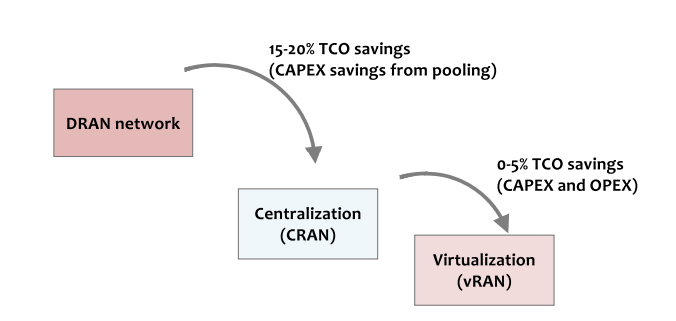
Virtualized radio access networks (vRANs) are a way for telecommunications operators to run their baseband functions as software. One of the primary benefits of virtualizing radio access networks (RANs) is that RAN functions no longer require special proprietary hardware to run, and can instead be run on standard servers. This is achieved by applying the […]
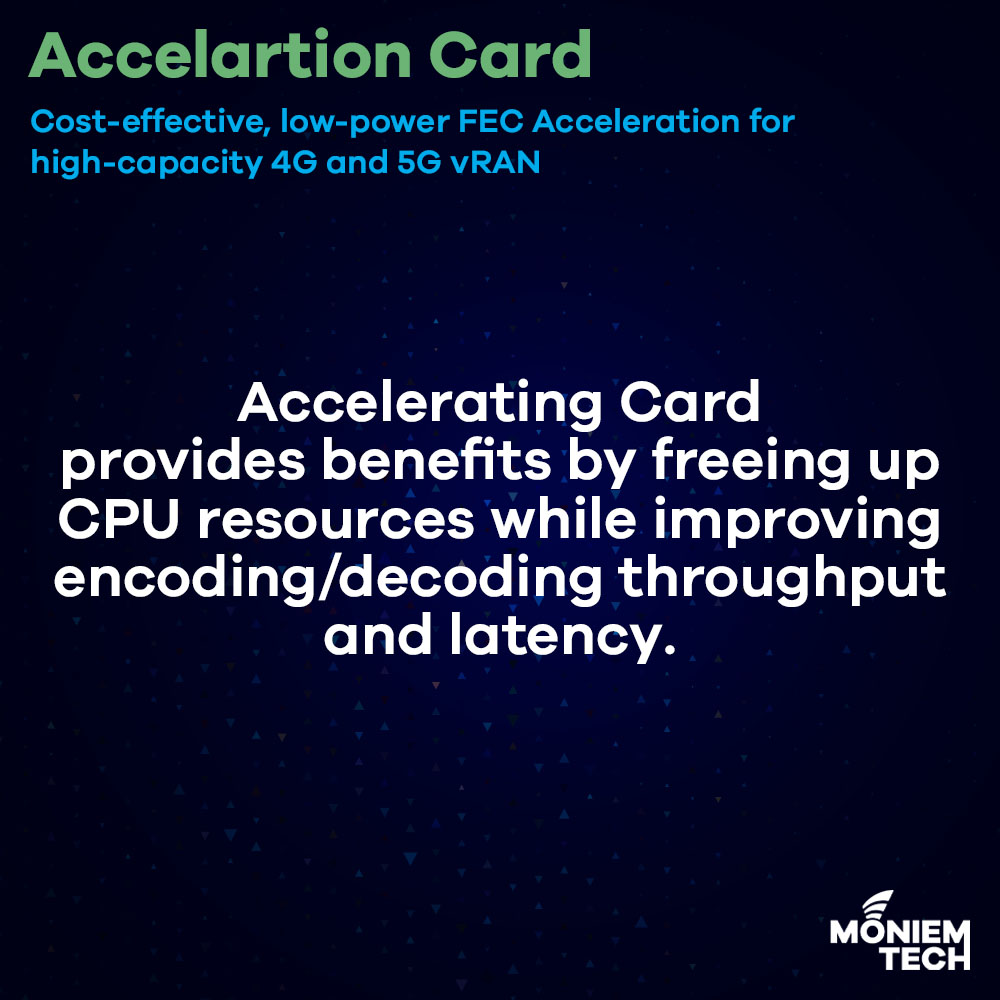
On the road to 4G and 5G, MNO (Mobile Network Operators (MNOs) started to think of vRAN (Virtual RAN) and Open RAN, the main difference between them you can find here. vRAN and Open RAN architectures help for higher channel capacity and easier deployment of edge-based services and applications. vRAN and Open RAN solutions are […]
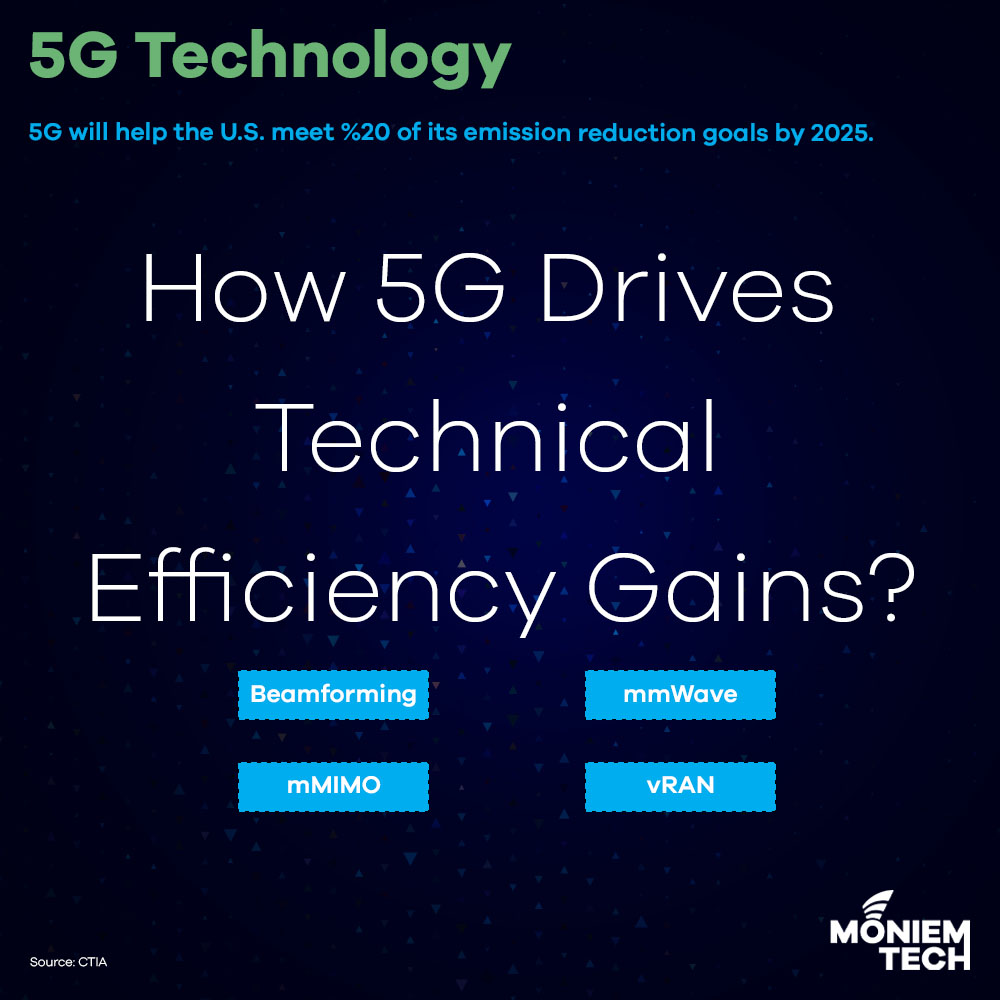
5G builds upon existing network infrastructure to handle the increased demand for data in an interconnected society. It is transforming industries and is changing the way businesses and consumers use mobile technologies, providing substantial processing and efficiency benefits that previous generations of mobile technology did not. 5G can deliver up to 100 times higher bandwidth, […]
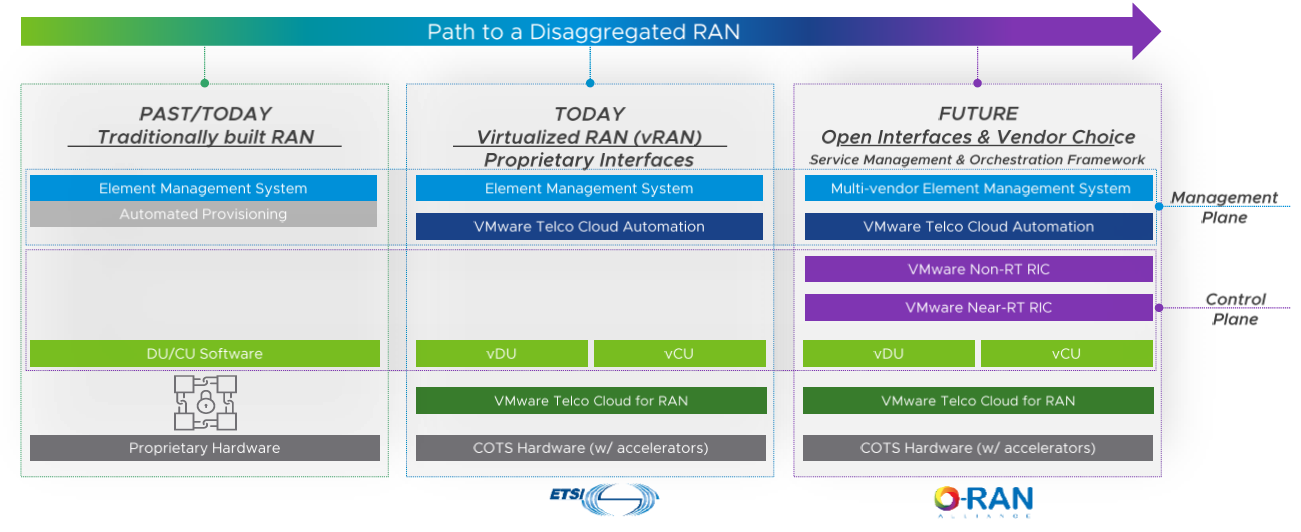
The Road to Open RAN is not easy one, there are a series of steps should be taken before migration or starting design the network architecture based on Open RAN. Either you’re a green field needs to start a new network from scratch or even a brown field and re-think of the open RAN concept, […]

Open RAN has gained prominence in the last few years due to ongoing trends towards openness and disaggregation in the mobile network operator (MNO) space and spurred by recent geopolitical pressures. The below explanation is part of Unlocking Open RAN — An Infrastructure Viewpoint white paper. Evolving RAN Architecture to Open RAN Over the different […]
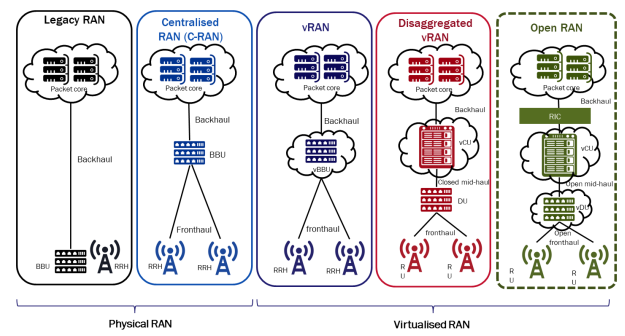
It is important to distinguish between vRAN and Open RAN Virtualization is a journey that the telecoms industry has been on for several years to transform network functions into virtual network functions (VNFs). The VNF software is then decoupled from the purpose-built hardware and run on standardized, common off-the-shelf (COTS) hardware. The interfaces between each […]
